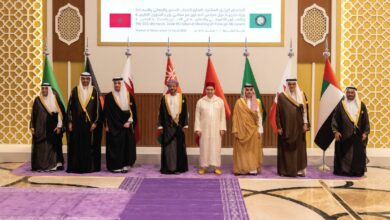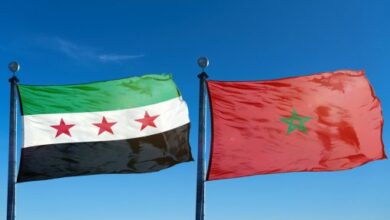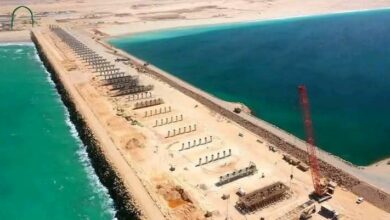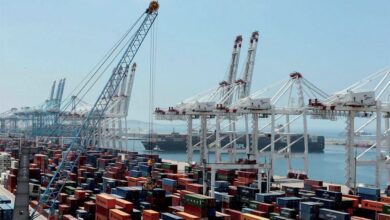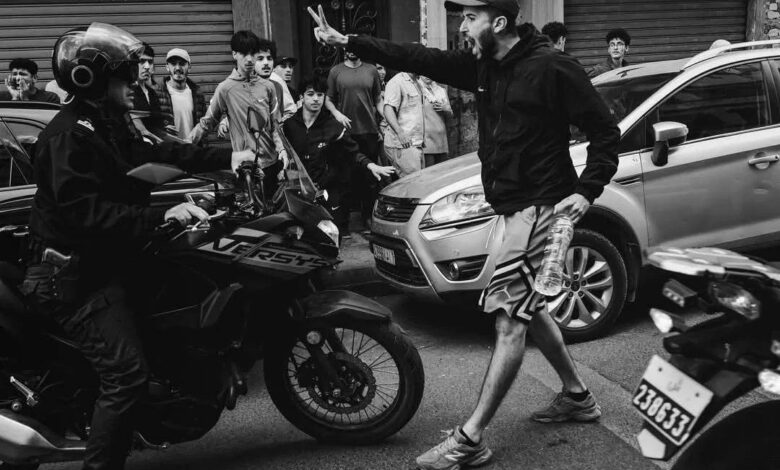
ALDAR/ Iman Alaoui
Several Moroccan cities are witnessing a wave of youth-led protests spearheaded by Generation Z, the generation born in the digital era, whose eyes opened to a vast space of virtual freedom and instant communication through social media platforms. These protests did not emerge out of nowhere; they reflect accumulated social, economic, and educational grievances, as well as repeated frustrations linked to weak public services, limited employment prospects, and declining trust in official promises. The youth turned to the streets to make their voices heard after formal channels of dialogue within institutions failed to respond effectively.
What particularly distinguished these protests was the strict security response by the authorities, which involved dispersing gatherings by force and arresting a number of participants. This has reignited debate about the nature of the relationship between the state and its youth, and about Morocco’s ability to manage social anger using wiser and more flexible means.
Generation Z is not disconnected from the wider world; it closely observes how protests are handled in other countries and compares its situation with what it sees in Spain, Chile, or even Tunisia. For instance, in Chile, the 2019 protests over transportation fares escalated into a massive social movement after being met with repression, leading to a profound crisis of trust and eventual constitutional reforms. In Spain, the 15-M movement in 2011 successfully transformed street anger into a meaningful political and social project when the movement was allowed to express itself and gain representation. Tunisia has demonstrated that allowing protests to repeat without tangible reforms leads to accumulated frustration and entrenched legitimacy crises. These comparative experiences show that a purely security-based response is insufficient to contain anger; it may, in fact, exacerbate it and transform a limited demand into a full-blown national crisis.
In Morocco, Generation Z’s protests could have been managed more effectively by respecting the constitutional right to peaceful assembly while establishing safeguards to protect public order without stifling freedom of expression. Channels of dialogue could have been opened with representatives of the protesters, safe spaces allocated for gatherings, and rapid measures implemented to address urgent issues such as employment and healthcare services. Global experience demonstrates that smart management of protests reduces tension and preserves the state’s image both domestically and internationally.
The international dimension of these events is as significant as their domestic context. Morocco, which seeks to present itself as a strategic partner to the European Union, the United States, and Africa, finds itself under the scrutiny of international human rights organizations and Western media, which quickly broadcast images of security interventions within a broader narrative about declining freedoms. Reports from organizations like Human Rights Watch or Amnesty International often focus on field repression, affecting the country’s image in diplomatic forums and weakening its narrative of reform and stability. Likewise, international media—from major European newspapers to global television channels—find in these events material to question Morocco’s commitment to human rights, especially as it aims to host major events like the 2030 World Cup or bid for international sports and cultural occasions.
Generation Z did not take to the streets to undermine the state but to demand recognition, dignity, and fair opportunities in education, employment, and decent living. This generation views the world through the lens of its smartphone, comparing what peers in other societies receive to their own lived realities. Therefore, building a trusting relationship with them cannot be achieved through repression but through dialogue, transparency, and tangible reforms. Morocco, which aspires to play major regional and international roles, cannot ignore the voice of its youth, as true stability can only be built on a foundation of fair participation and sincere engagement of all groups in shaping the future.

